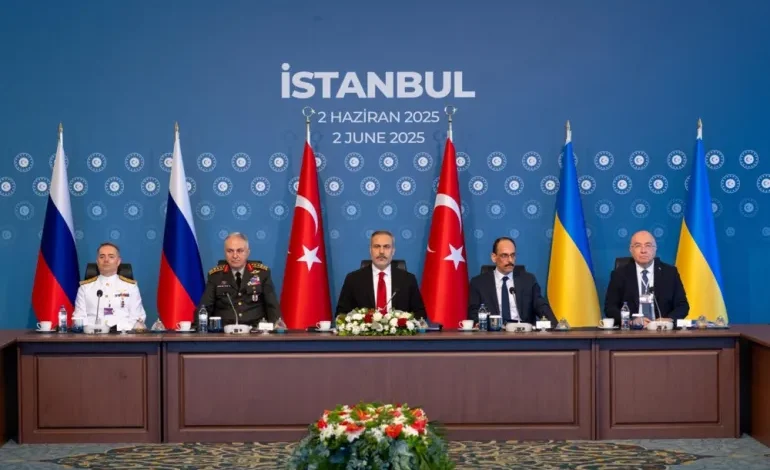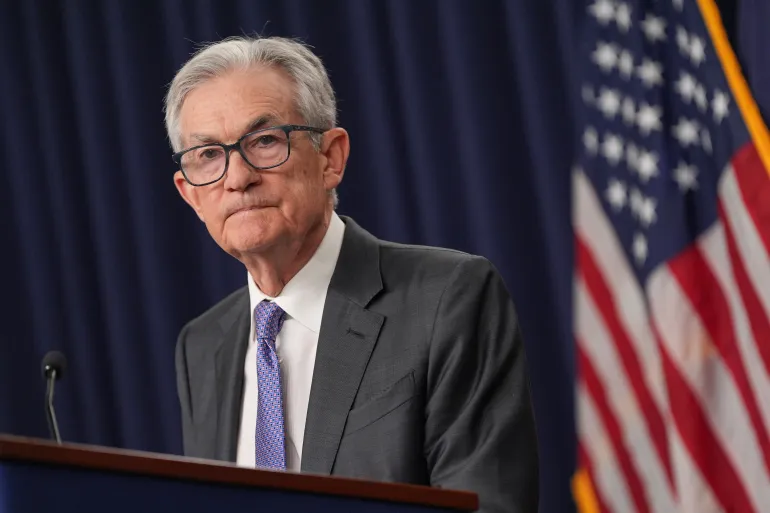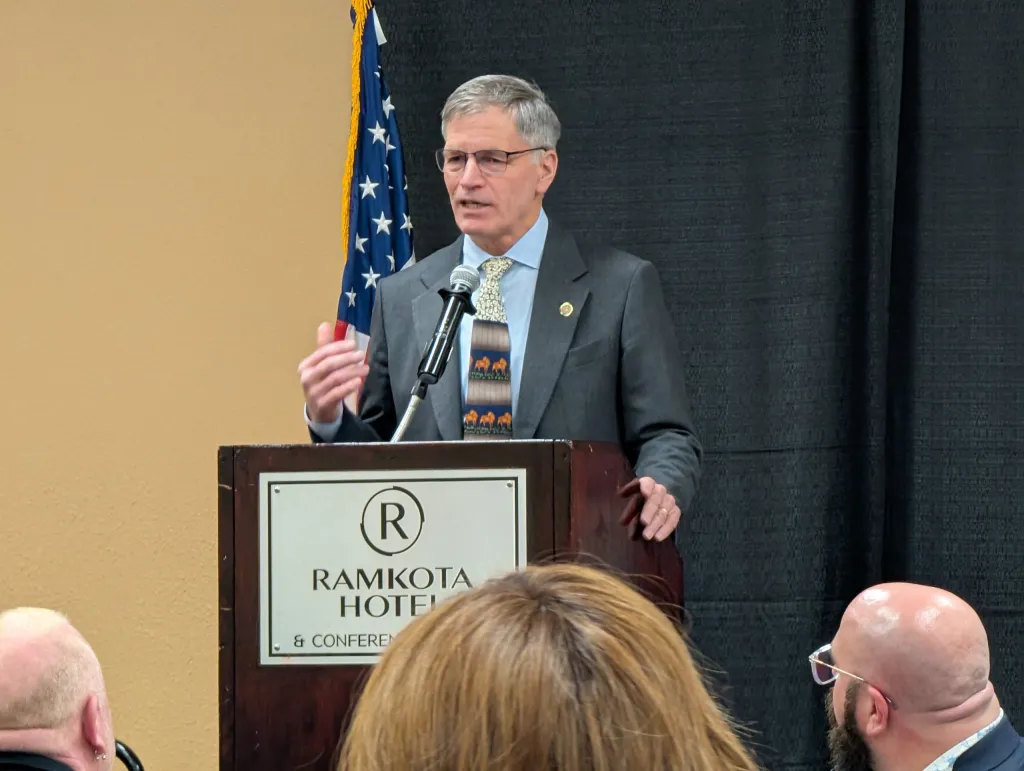Russia, Ukraine Agree to Major Prisoner Swap Amid Stalled Peace Talks in Istanbul

Russia and Ukraine have agreed to a significant new prisoner exchange and the repatriation of thousands of war dead following direct negotiations held Monday at Istanbul’s historic Ciragan Palace. Despite this progress, the talks made little headway toward achieving a broader ceasefire or peace settlement.
Officials from both sides confirmed that the agreement includes the exchange of all severely wounded soldiers and all captured combatants aged 18 to 25. Additionally, both countries have agreed to return the remains of approximately 6,000 soldiers killed in action.
Vladimir Medinsky, head of the Russian delegation, said that the prisoner exchange would involve at least 1,000 prisoners from each side, exceeding the scale of the previous 1,000-for-1,000 swap reached in mid-May.
Ukrainian leader Volodymyr Zelensky, speaking from Vilnius, Lithuania, confirmed the sides had “exchanged documents through the Turkish side” and that preparations were underway for the next group of detainees to be released.
While the prisoner swap represents one of the few functioning diplomatic channels between the two countries, efforts to broker a broader truce remain fraught.
“The exchange of prisoners seems to be the diplomatic channel that actually works between Russia and Ukraine,” reported Al Jazeera’s Dmitry Medvedenko from Istanbul.
According to Ukrainian Deputy Foreign Minister Sergiy Kyslytsya, Moscow suggested a temporary pause in hostilities in select front-line areas to facilitate the recovery of soldiers’ remains.
The Kremlin also presented a formal memorandum listing its conditions for ending the war. Ukrainian officials said they would review the document and respond within a week. Ukraine has proposed additional talks to take place between June 20 and June 30.
Among Russia’s demands, as reported by state outlets TASS and RIA Novosti, were:
- Withdrawal of Ukrainian forces from the four regions Russia annexed in 2022 but does not fully control
- Suspension of Western military aid and Ukrainian troop mobilisations
- Prohibition of foreign military presence on Ukrainian soil
- Termination of martial law and holding of national elections
- Recognition of Russian as an official language
- A formal declaration of Ukrainian neutrality and abandonment of its NATO ambitions
These conditions have been rejected by both Ukraine and the West.
Turkish President Recep Tayyip Erdogan hailed the meeting as “magnificent” and expressed hope of hosting a direct summit between Zelenskyy, Putin, and possibly even former U.S. President Donald Trump in Istanbul or Ankara.
Turkey’s Foreign Minister Hakan Fidan, who chaired the talks, said the world was watching the process closely, but acknowledged that no tangible breakthrough had yet been achieved on ceasefire terms.
Over the weekend, Ukrainian forces claimed responsibility for a drone operation that damaged or destroyed over 40 Russian warplanes in airbases located in Arctic, Siberian, and Far Eastern regions. Ukrainian officials claimed the attack disabled nearly a third of Russia’s strategic bomber fleet, potentially altering the military balance.
In response, Russia reportedly launched 472 drones across Ukraine on Sunday. Ukraine’s air force claimed to have downed 52 of the 80 attack drones launched overnight.
As the war drags into its third year with no sign of resolution, the Istanbul talks underscore both the persistence of diplomacy and the deep divisions that continue to fuel one of the deadliest conflicts in Europe since World War II.
With input from Al Jazeera









The latest news in your social feeds
Subscribe to our social media platforms to stay tuned